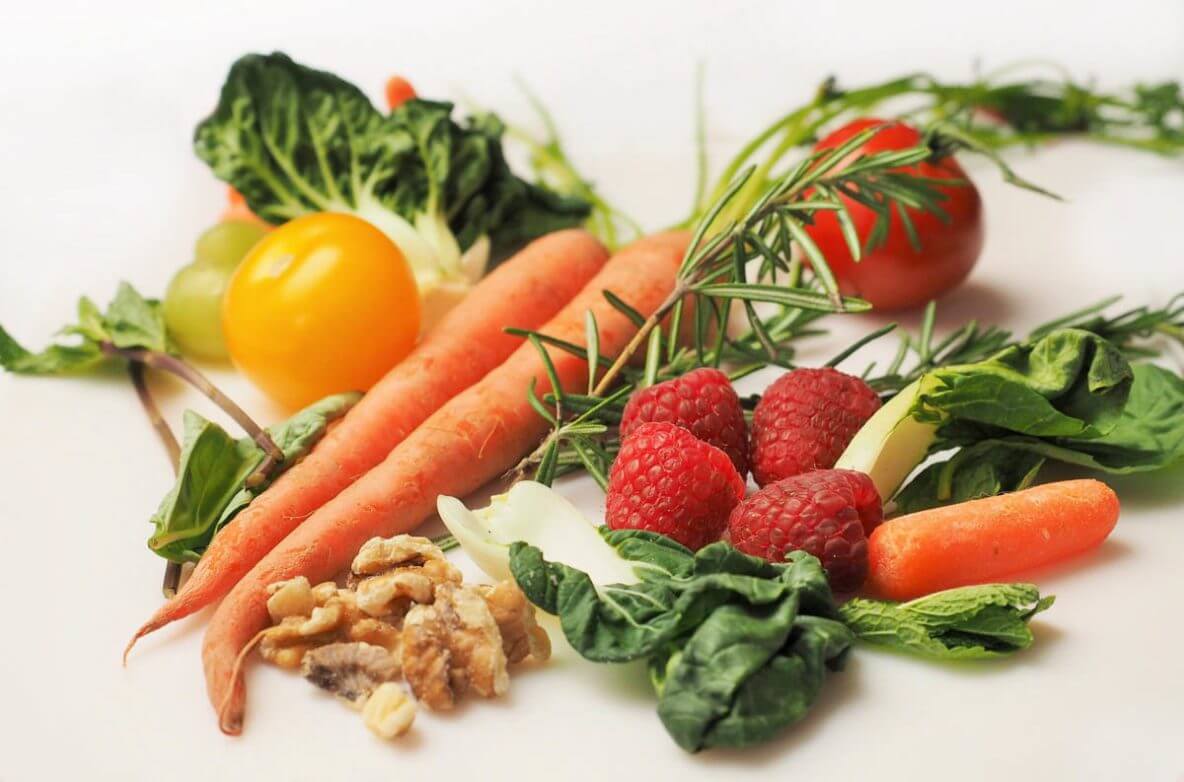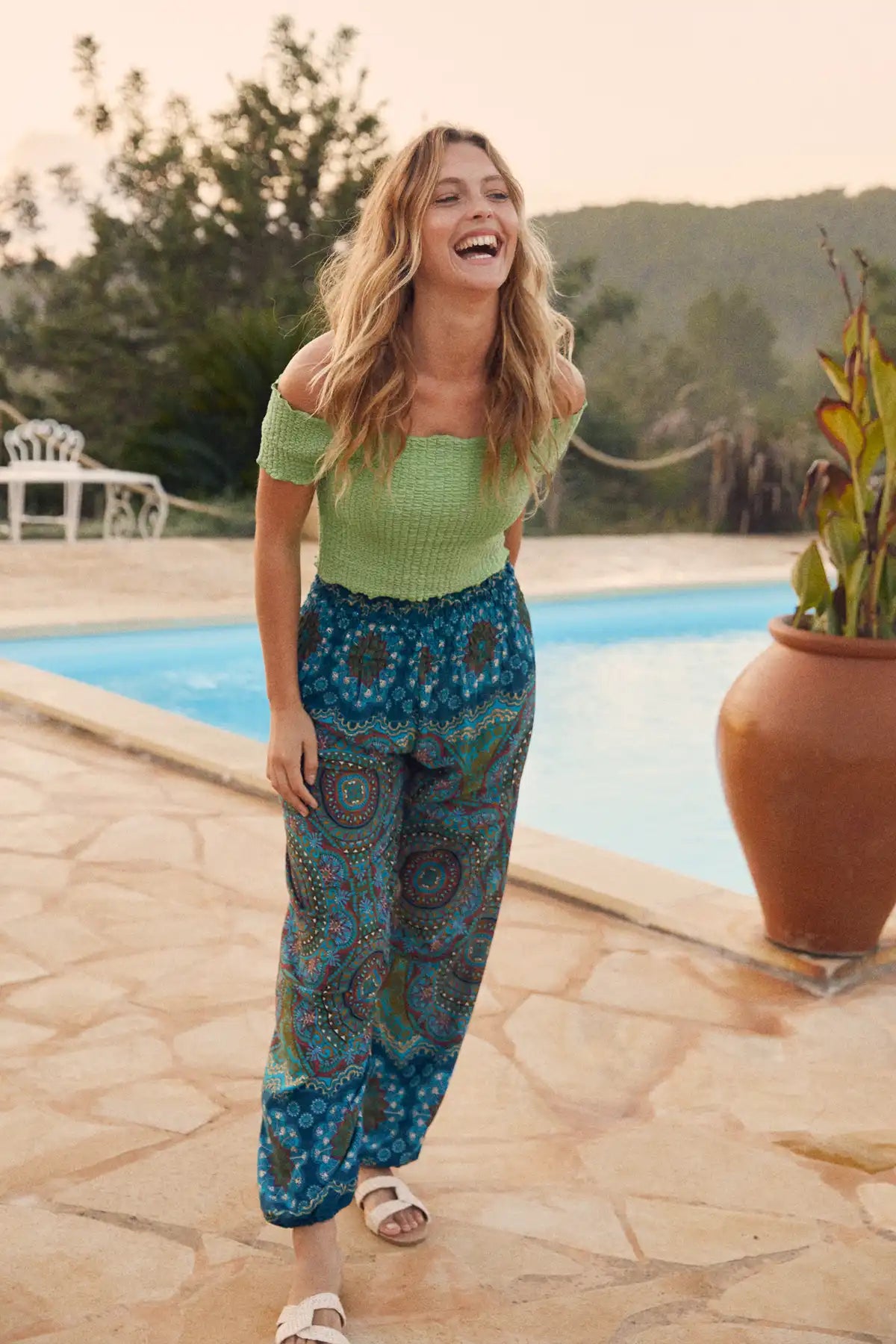
Inhaltsverzeichnis
How to reduce food waste
One-third of the food produced in Germany ends up in the trash. This amounts to 150g of food waste per person per day. That's a staggering amount. Of course, it's not just the food that ends up in the trash, but also a lot of money...
I don't know about you, but I always get really angry when I see what other people throw away. Leftover food you just don't want anymore? An apple with brown snags? A yogurt that reached its best-before date yesterday? All of that ends up in the trash, even though it could have still been eaten. It's probably due to people's laziness. And ignorance and lack of knowledge certainly play a role, too. Many people aren't aware of how harmful food waste is to the environment.
Why does food waste harm the environment?
Food makes up 20% of solid waste in landfills. However, as organic matter, it can't decompose there because it's enclosed. The food is surrounded by inorganic matter, making decomposition impossible. Furthermore, there isn't enough air in landfills to support decomposition. Instead, the organic matter releases methane, which—as we all know—contributes significantly to climate change.
What is thrown away?
First of all, it should be noted that almost everything that gets thrown away is still edible. After all, it's not spoiled food that makes up the majority of our food waste, but rather things that no longer seem appetizing or good enough to us.
This particularly often affects fruit and vegetables. Precisely what is such an important component of our food! Unfortunately, if stored improperly, it quickly becomes unsightly and often ends up in the trash.
Also Leftovers, Bread, and baked goods make up a large portion (30%) of food waste. At 9%, dairy product waste is significantly less common than fruit and vegetable waste, which accounts for 34%.
Tips for avoiding food waste
Take stock
How often do you go shopping (on impulse) without first checking your cupboards at home to see what you still have? It also helps to think in advance about what you want to eat during the week. Then you shop more carefully, and less food goes bad. This means less waste...
Brown spot = rotten apple?
A little bit of rot won't kill you. If I see that my potatoes, tomatoes, or apples have a brown spot, I simply cut out the affected part. The rest can be used without any problems.
Incidentally, this also applies to avocados: The widespread belief is that an avocado is inedible as soon as it has slightly brown spots. Only if you discover mold should you avoid eating it. The brown spots are primarily caused by oxidation.
However, with milk and meat, you should be more careful and discard moldy products altogether.For this reason, it is a good idea to consider how and when you want to use and eat foods that go bad quickly before buying them.
Buy less
You know that feeling? You go to the supermarket or the market to buy a certain thing – and in the end, your shopping basket is completely overflowing? This happens to me especially when I go shopping when I'm hungry... It's never a good idea.
We often buy more than we can use in time. Buy less, even if you initially think you're buying too little—you usually end up with just the right amount. You can always buy more if you realize you don't have enough. But you can't undo what you've already bought.
We all have the secret fear of not having enough food at home, and as a result, we tend to buy too much. Added to that, supermarkets are pretty good at marketing. You're enticed to buy more without even realizing it.
So watch yourself while shopping and buy less than you initially want!
Reuse your leftovers
Often, food scraps that could have been reused end up in the organic waste or compost. These include carrot and potato peels, onion and garlic skins, and leek and celery tops. These can be used to make vegetable broth and vegetable chips, or to pickle other vegetables. You can find tons of ideas for reusing food scraps online!
So, before we simply throw them in the bin next time, we can ask ourselves whether there are still ways to reuse the leftovers…
Use the possibilities of your freezer
If you notice that certain foods are starting to go bad or that you probably won't be able to use them in time, it's worth freezing them. Most fruits and vegetables can be frozen. Frozen bananas and frozen zucchini, for example, make great additions to smoothies! There are also numerous ways to use frozen foods.
Leftover food such as ready-cooked meals can often be frozen for several months.
My freezer is quite small. Maybe that's because I sometimes forget I have it… But it really helps us reduce food waste!
Prepare once, enjoy several times
Sometimes you're so busy preparing all the different dishes you've planned that you waste more food than necessary. And sometimes something comes up or you postpone your plans. You eat out, are invited to a party, or you don't have enough time to cook.
That's why it makes sense to cook or prepare vegetables once and then eat them several times. As a single-person household, I like to cook several portions at once. I eat the first portion in the evening and take the second one to university the next day.
If you're already chopping peppers and know you'll need more for wraps in the next few days, you can chop the whole pepper at once. Then, when you want to prepare the wraps, you'll be glad you did the work in advance.
So you can just try to keep it simple. That doesn't mean you should eat only one dish for an entire week. But you can think about how to cook cleverly and simply while still having variety.
At the beginning, every new habit requires strength and perseverance. Everything seems much more time-consuming and complicated. But if you try one or more of the tips mentioned here a few times, it will soon become second nature. Your awareness and attitude towards food and waste will change. And you can feel good about contributing to climate protection!






























Leave a comment
This site is protected by hCaptcha and the hCaptcha Privacy Policy and Terms of Service apply.